Study maps human uptake of microplastics across 109 countries
Envirotec Magazine
MAY 28, 2024
Indonesians eat more microplastics per month than any other country, said the study, with most of it coming from seafood (image credit: raulbaldean / Shutterstock.com). That is a 59-fold increase in daily microplastic consumption from 1990 to 2018, the date range used for the models. grams per month, while the lowest is Paraguay at 0.85


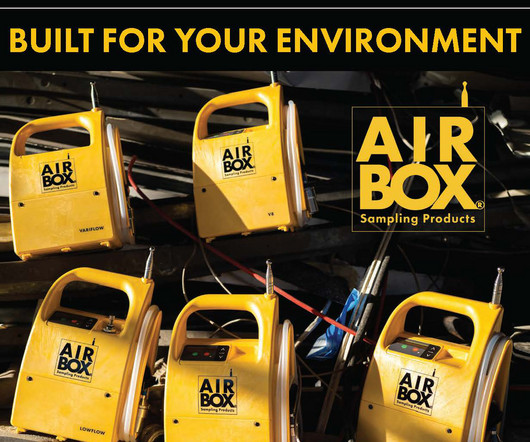
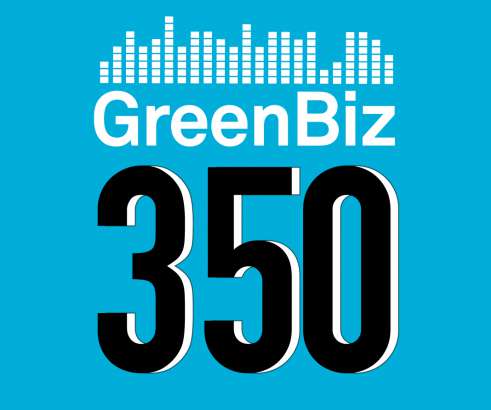
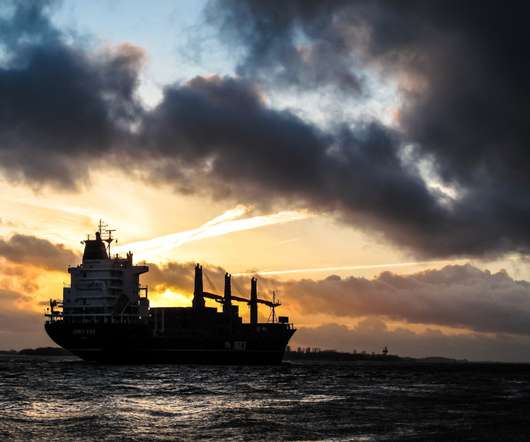
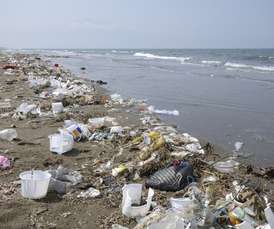
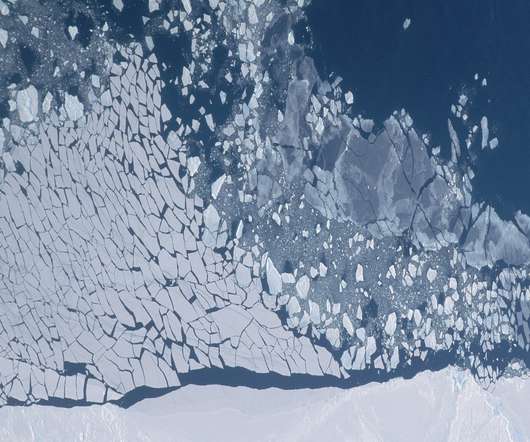









Let's personalize your content